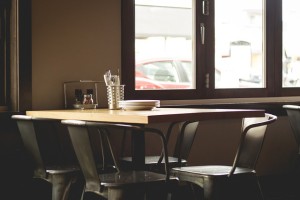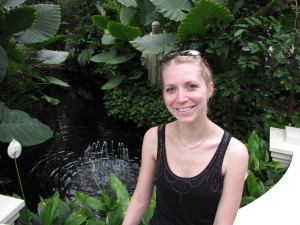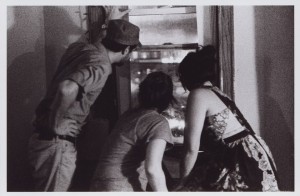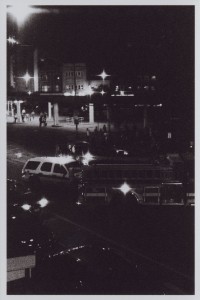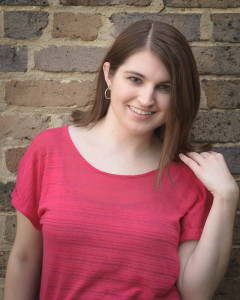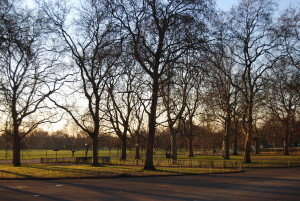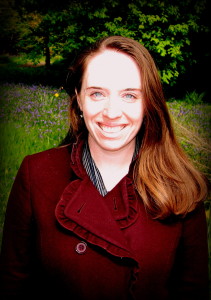I plan trips carefully, choosing my companions with as much thought as I can. Still, despite my best efforts, things sometimes go awry.
This was how I found myself in Europe over my birthday, right in the middle of a two week trip which was meant to be an adventure. Communication hadn’t functioned, and I opened my eyes each morning to greet my worst nightmare: lonely in a foreign country. Isolated in someone else’s house. Out of place in someone else’s life.
I was staying in the heart of the small country of Luxembourg, which is situated between Germany, Belgium, and France. The entire country is smaller than the state of Rhode Island.
On my birthday, my hostess decided that I should have a birthday cake. For a moment, my spirits rose. She asked me what kind I would like and I answered honestly. “Chocolate, with coconut icing.”
She searched through her cookbooks until she found a recipe she thought would do. Then she got out the ingredients and turned the book over to me, sitting at a barstool to watch.
My experiences with baking have been rather fraught. Once, I replaced baking powder with baking soda in a batch of biscuits, ending up with hard, pungent rocks. On another occasion, I attempted to make peanut butter cookies for a beau’s father. When my mother saw them, she buried them in the kitchen trash can, covering them with other trash to hide them from view.
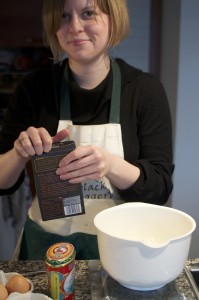 My hands shook as I began to follow the recipe. I didn’t talk much, I knew my voice would shake, too.
My hands shook as I began to follow the recipe. I didn’t talk much, I knew my voice would shake, too.
I had never used a kitchen scale, and it took me a moment to figure it out, reading the recipe and matching it to the new units of measurement.
But, like my childhood hero Amelia Bedelia, I took a little of this and a pinch of that and made cake batter.
We made several small cakes instead of one large one, and while they baked, I stirred up the frosting, following another recipe. It was a little stiff and a little sweet for me, but by then I was spent. I frosted half of the small cakes and allowed them to sit on the counter.
When I tasted one that night, I was overwhelmed by the feeling that it was dry. No amount of water seemed to help.
In spite of my disappointment about the way the trip had gone, I was keenly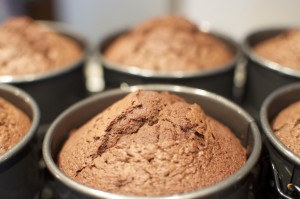 aware that I might not be in Europe again for a long time, if ever. It was heartbreaking to feel that the trip was a waste. I promised myself that I was not a waste of a trip.
aware that I might not be in Europe again for a long time, if ever. It was heartbreaking to feel that the trip was a waste. I promised myself that I was not a waste of a trip.
We traveled to Orval, to learn how the Trappist beer was made and to sip hot chocolate in the chill of the early afternoon. We darted through rain in France, consuming pastries and coffee, the only one I was confident pronouncing: cafe au lait. I endured the stomach aches I got after these cups of coffee, my stomach rebelling at all the dairy.
I inspected leggings at a shop in Germany, only to be hard-sold by a salesgirl who searched a long time for the right English word: those will make your ass look hot, she said.
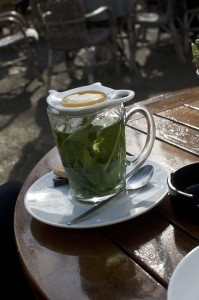 One sunny day, we took the train to the Netherlands to meet a friend who lived in Amsterdam. We spent the day walking around Maastricht, and I reveled in the overheard English words, and the tea I had learned to order, made with fresh mint in a clear glass.
One sunny day, we took the train to the Netherlands to meet a friend who lived in Amsterdam. We spent the day walking around Maastricht, and I reveled in the overheard English words, and the tea I had learned to order, made with fresh mint in a clear glass.
My friend was at ease in the city, in the country, and I couldn’t help but be at ease with her as she smoked a sultry cigarette every hour or so, like clockwork.
I have never experienced friendlier sunshine than I did in Maastricht that day.
For the rest of the trip, I ate birthday cake for breakfast.
I rose earlier than the other occupants of the house, partly because of jet-lag, and I presume, because of anxiety.
I ate the cake until the small round mounds became too hard and my hostess threw them away.
